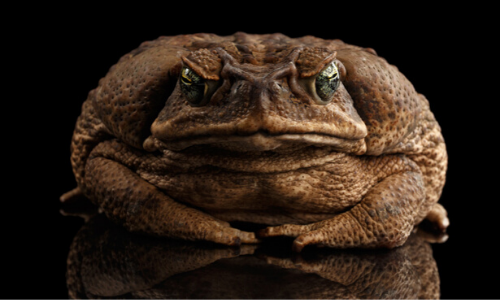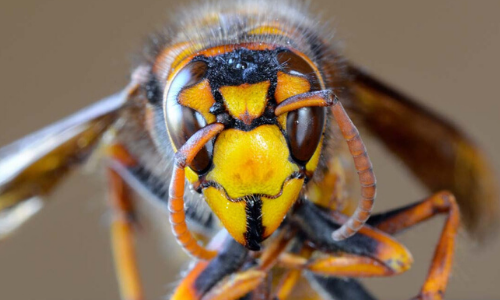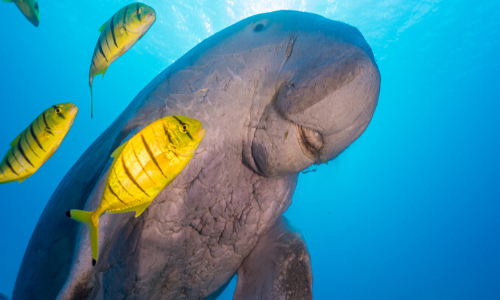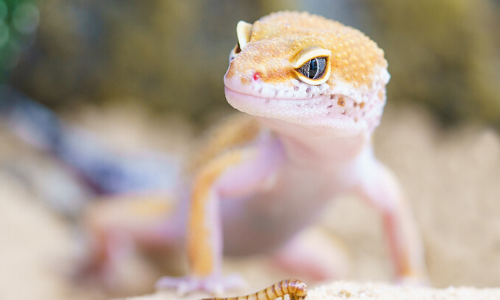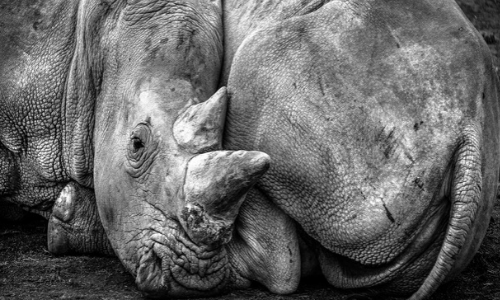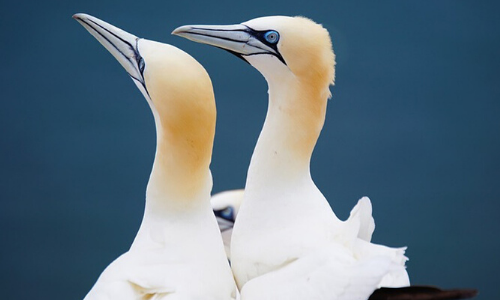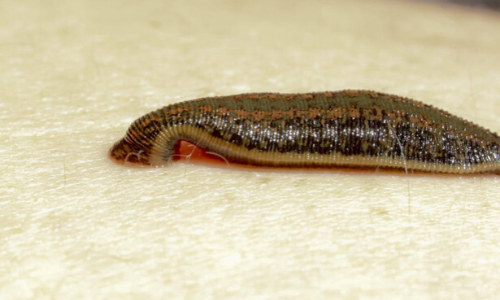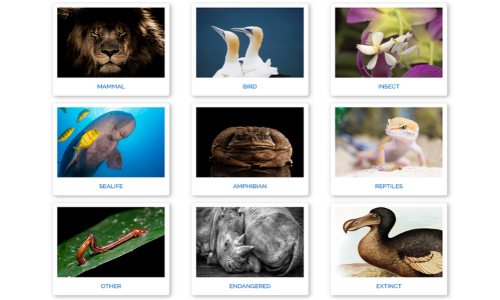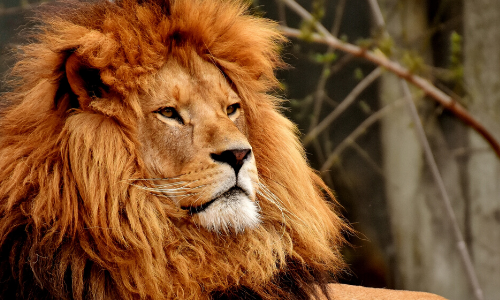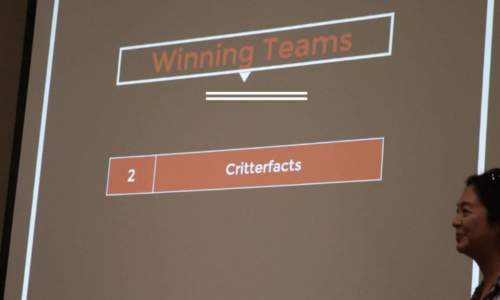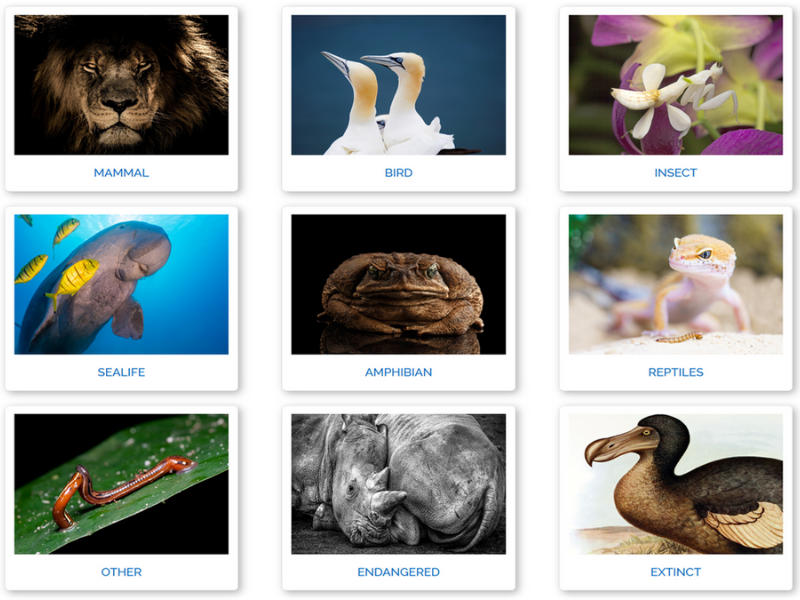

Scientific Classification
KINGDOM: Animalia
PHYLUM: Chordata
CLASS: Aves
ORDER: Accipitriformes
FAMILY: Accipitridae
GENUS: Neophron
SPECIES: N. percnopterus
Conservation Status


Egyptian vultures are one of the smallest in their family with the females being slightly larger. From beak to tail feathers, they can reach a little over 2 feet long and weigh between 3 to 6 pounds.
All Egyptian vultures have white plumage with black, pointed flight feathers, but vultures in the wild tend to have a browner shade to their white from the iron-rich soil.
Their bill is long and slender with the upper part hooked.
The legs of adult Egyptian vultures are pink while juveniles have gray legs. Their claws are long and straight allowing them to easily tear apart their food.

The Egyptian vulture is a vulture species found throughout the Iberian Peninsula, India, and North Africa. They can survive in a variety of habitats such as savannas, forests, coastal plains, and more.



Sometimes called the pharaoh’s chicken, the Egyptian vulture used to be worshipped by pharaohs for their ability to remove garbage or dead animals.
Egyptian vultures are known to use tools such as rounded rocks to break open large eggs for food. It has been found that this skill is not observed and learned through other birds but is innate. If you put an Egyptian vulture in a room with a large egg and some pebbles, it will pick up a pebble and break the egg. Besides this, Egyptian vultures will also use twigs to gather wool to line their nests.


